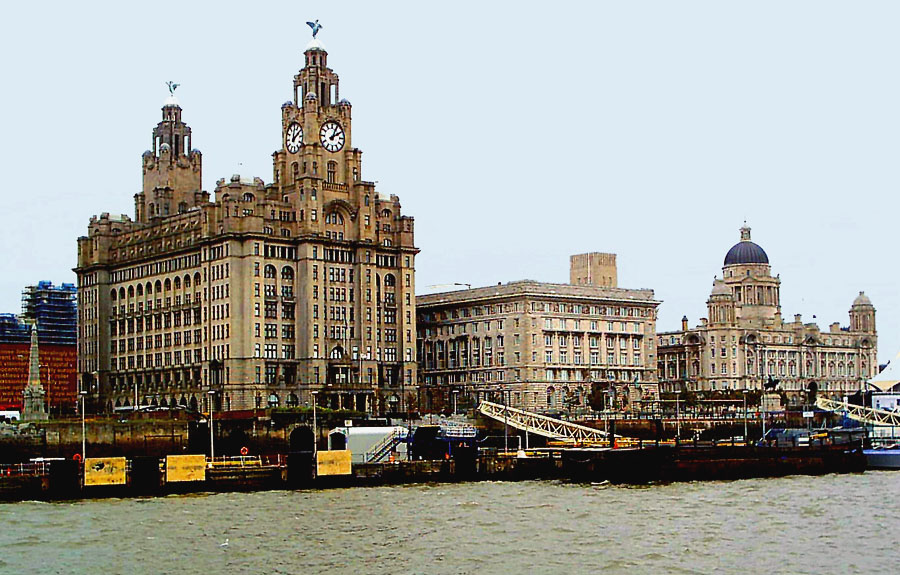I once quoted to my father, who is of a Marxist disposition and considers patriotism “the last refuge of scoundrels”, the famous words of Sir Walter Scott:
“Breathes there the man, with soul so dead,
Who never to himself hath said,
This is my own, my native land!
Whose heart hath ne’er within him burn’d,
As home his footsteps he hath turn’d,
From wandering on a foreign strand!
If such there breathe, go, mark him well;
For him no Minstrel raptures swell;
High though his titles, proud his name,
Boundless his wealth as wish can claim;
Despite those titles, power, and pelf,
The wretch, concentred all in self,
Living, shall forfeit fair renown,
And, doubly dying, shall go down
To the vile dust, from whence he sprung,
Unwept, unhonour’d, and unsung.”
My father insisted that Scott’s censures did not fall on him because all these sentiments attached in his case to his home town for which he has – I can bear witness – a fierce love. Aristotle in Book VII of the Politics lays down criteria for the maximum size of a city which my and my father’s home town both greatly exceed.
Login to read more
Sign in or create a free account to access Subscriber-only content.
Topics:
